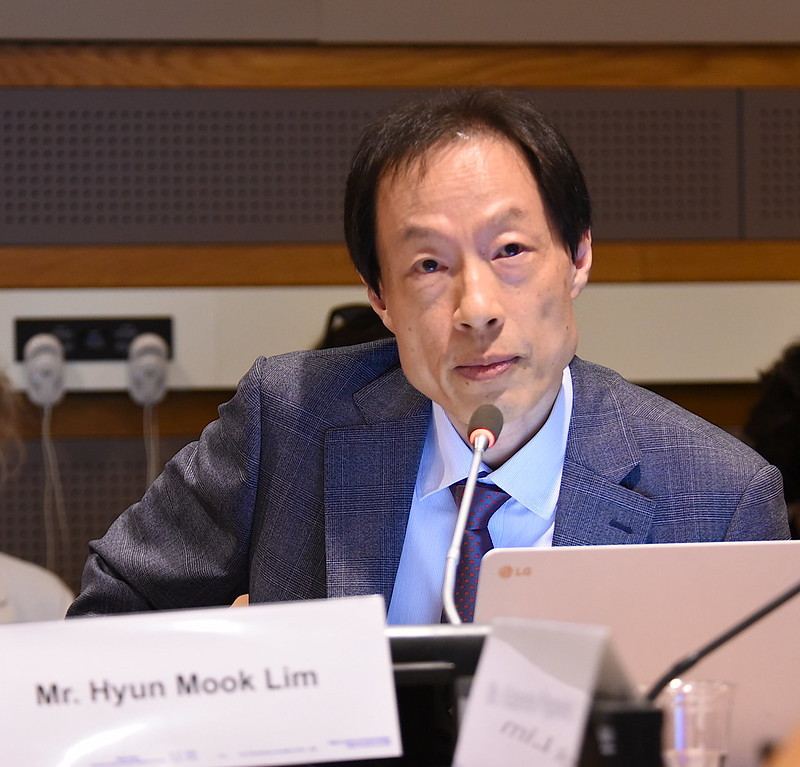
Asia-Pacific Centre of Education for International Understanding Director Lim Hyun-mook (APCEIU)
South Korea has demonstrated leading global citizenship since the outbreak of the COVID-19 pandemic, but has also been reminded of its shortcomings on cultural diversity, said Lim Hyun-mook, the Director of Asia-Pacific Centre of Education for International Understanding.
“I think that the Republic of Korea has much to be improved with respect to cultural diversity. As we saw in the recent case of some visitors to Itaewon establishments who tested positive for COVID-19, Korean society seems to be still intolerant to certain identity groups,” Lim told The Korea Herald during a Zoom interview on June 16. He was referring to a virus breakout in early May that was traced to Itaewon clubs catering to LGBT customers, the reaction to which shed light on deeply entrenched homophobic attitudes of Korean society.
“More importantly, Korea needs to encourage and allow for more diverse ways of life.”
Lim took the helm of APCEIU, a UNESCO institute based in Seoul, last year after serving a number of key posts, including as the Assistant Secretary-General at Korean National Commission for UNESCO.
Its top priority is to foster education on international understanding and global citizenship based on UNESCO’s belief that lasting peace is achievable through mutual understanding and dialogue.
In tandem with Korea’s growing presence in the international community and notable management of the unprecedented health emergency, Lim said it’s time for Koreans to be mindful of “global citizenship.”
“Nationalism has been strong in modern Korean history. ... However, I think now is the time for Korean citizens to think more about global citizenship. … Good news is that Republic of Korea is one of the very few countries which have emphasized and practiced global citizenship in responding to COVID-19.”
In February, Korea was the biggest virus hotspot after China, but the country has dramatically curbed infections and deaths, without imposing draconian measures, attributable to aggressive and systematic testing, contact tracing, and mask rationing among others.
“It (South Korea) has also provided or exported crucial medical supplies like test kits and face masks to other countries. … I think that Republic of Korea is now well positioned to take a leading role in promoting global citizenship in the field of global health and other areas as well,” Lim said.
This year marks the 20th anniversary of the founding of the organization that has held capacity-building workshops attended by over 2,000 educators and education policymakers, mostly from the Asia-Pacific region and around the world, according to the center.
“Thanks to APCEIU’s efforts and support, there are many countries which have incorporated or are in the course of incorporating global citizenship education into their national curriculum,” Lim said.
Looking ahead, Lim has his sight set on reaching out to more countries to deliver its mission.
“As director of APCEIU, I want to see closer and stronger cooperation between APCEIU and countries in the Asia-Pacific region and in other regions as well in order to mainstream global citizenship education and create concrete impact on the ground.”
By Kim Bo-gyung (
lisakim425@heraldcorp.com)






![[Graphic News] More Koreans say they plan long-distance trips this year](http://res.heraldm.com/phpwas/restmb_idxmake.php?idx=645&simg=/content/image/2024/04/17/20240417050828_0.gif&u=)